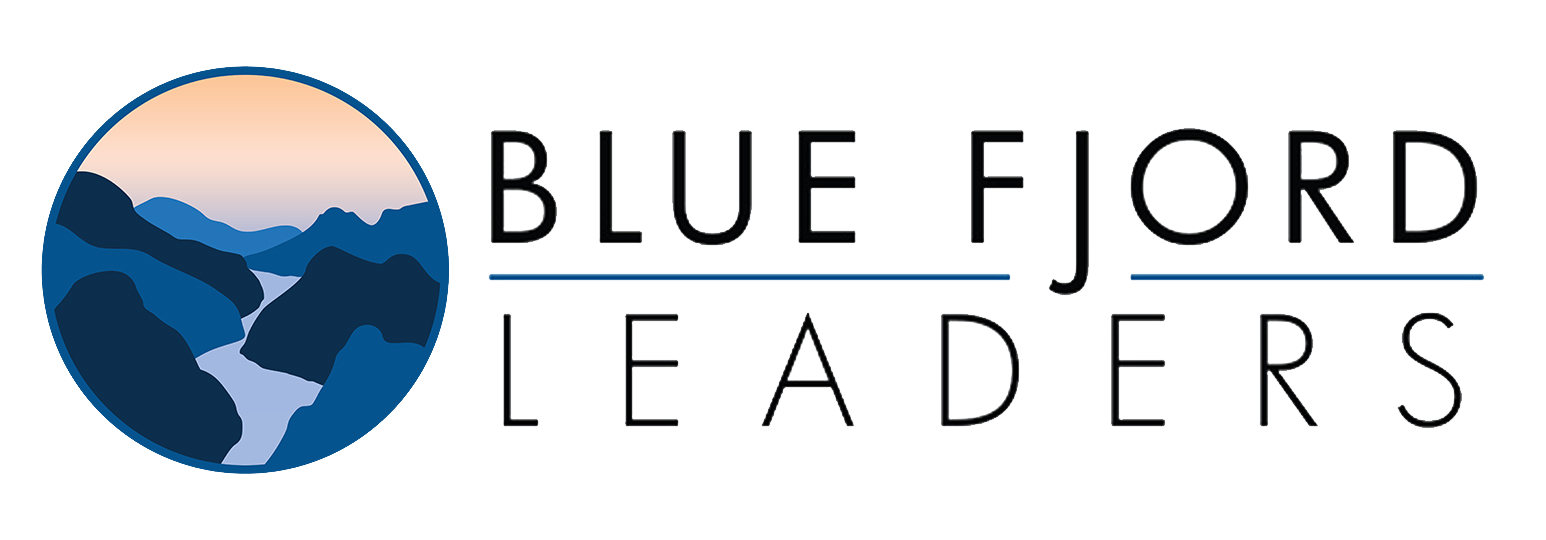You work in a technical field, and you know your stuff. You are respected for your knowledge in the field. And then, you are moved into a leadership position. In an instant, everything changes. Suddenly, new skills are needed. If you are like most, little has been done to develop those new skills in advance. Moving into leadership is not just a promotion, it’s a career change. Like any other career change, transforming individual contributors and technical managers into effective leaders is a process that involves developing essential skills. But what skills?
Research identifies the three most critical skills in this transformation as self-awareness, communication, and building strong relationships. These skills create the foundation for personal leadership capabilities and enhanced team dynamics and organizational success.
1. Self-Awareness
Self-awareness is the ability to recognize your emotions, strengths, struggles, values, and the impact you have on others. Leaders with high self-awareness understand their own motivations and behaviors, making them more adaptable and able to align their actions with their values.
According to the Harvard Business Review, leaders with high self-awareness are perceived as more authentic and competent, more empathetic, and able to foster strong, effective relationships within their teams leading to better outcomes for organizations. Despite its importance, studies reveal that only 10-15% of leaders are truly self-aware. How do you close this gap in leadership development?
Building your self-awareness requires continuous reflection, feedback, and emotional intelligence. Emotional intelligence helps leaders manage their emotions and recognize the emotions of others, which is crucial for managing people. Tools such as the DNA Behavior assessment provide insights into personal behavioral tendencies so that you better understand your natural strengths and communication style. Seeing yourself objectively ultimately contributes to better leadership performance.
2. Communication
If there is one skill that rises above all others, it is effective communication. Good communication involves not only speaking clearly but also being concise, relatable, consistent, listening actively, and being receptive to feedback. Communication goes beyond mere words; non-verbal cues, tone, and emotional delivery play significant roles in how messages are received.
The benefits of good communication are vast. Leaders who communicate effectively bridge gaps between diverse teams, clarify expectations, and resolve conflicts more effectively. Good communication fosters trust and transparency, which are essential for building high-functioning teams. Good listening and empathetic communication motivate others, and positively influence outcomes.
But how does a new leader develop communication skills? Active listening is one of the most critical skills to learn for managers. Communication links to self-awareness: being self-observant of your communication style and how it impacts others is key (and hard to do). Practice, observe the impact, shift your approach, and try again.
3. Building Relationships
There’s no way around it. Good leadership is built on relationships with teams, peers, and stakeholders. It takes time and consistency to develop trust and mutual respect. As a technical leader said, “We have to learn that relationship development isn’t wasted time, it’s invested time.” When you invest time in getting to know your team you can tailor your communication style to better support their work and growth. Building relationships also involves being approachable and creating a safe space where team members feel comfortable sharing their ideas, concerns, and feedback.
Developing strong relationships requires a blend of emotional intelligence, empathy, and communication skills. When you learn to read the room and adapt to others’ styles, you enhance team dynamics and foster a cohesive team environment. And, when conflicts happen (and conflict does happen), good relationships make constructive feedback and conflict management go more smoothly.
You were great technically and now it’s time to make the transition to leadership. Invest the time and attention to learn the skills of self-awareness, communication, and relationship building to be a great leader. Like other skills, these are learnable with focus and attention. Just as you would invest in technical training, you can invest in your own leadership training. Don’t wait. Grow your skills now. We need you.
Sources:
- “What Self-Awareness Really Is (and How to Cultivate It).” Harvard Business Review, hbr.org.
- “DNA Behavior.” Business DNA Leadership Assessments, www.dnabehavior.com.






0 Comments